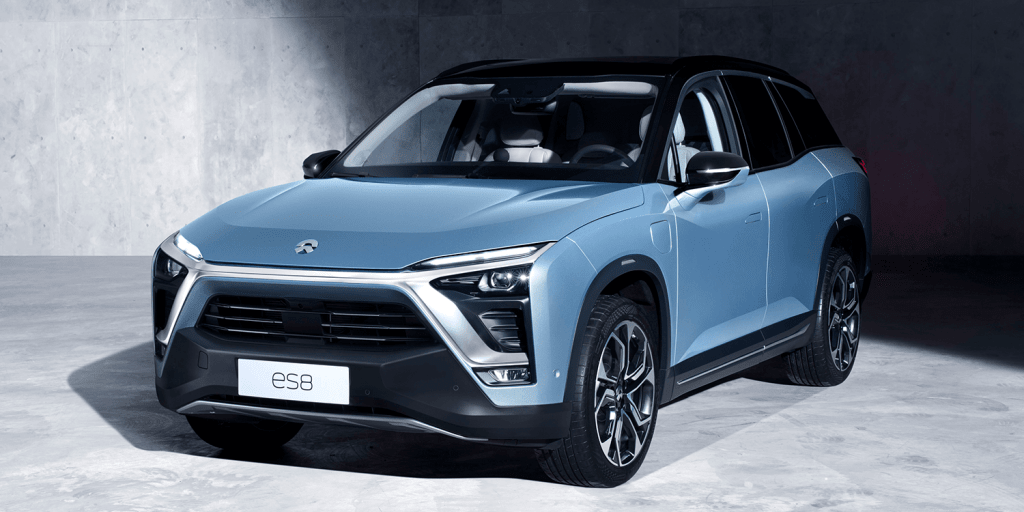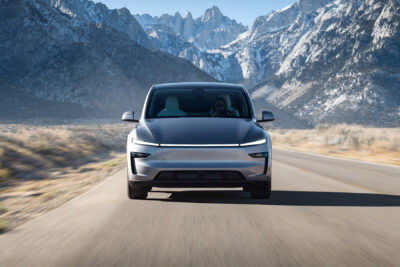Nio abandons plans for factory in Shanghai
The Chinese electric car startup Nio has abandoned its plans to build its own plant in Shanghai. Nio will continue to use its existing plant in Hefei that it shares with JAC Motors for the production of its electric cars.
The announcement was made as the aspiring electric car maker released its financial figures for 2018, showing a turnover of 720 million dollars, but also a net loss of 1.4 billion dollars – almost twice as much as last year. At the same time, deliveries of the E-SUV ES8 in January and February amounted to only 1,805 and 811 electric vehicles, respectively, marking a stronger decline than expected from December.
Nio’s ES8 has been on the market since June 2018, and since then the seven-seater has sold 11,348 units by the end of that year according to the Chinese startup. An impressive 7,980 vehicles were sold in the fourth quarter alone. But sales figures have been declining since the beginning of this year. Nio says that this is due to the fact that at the end of last year deliveries were again sped up in order to benefit from the subsidies that the state is cutting back in 2019. But that still does not fully explain the drop in numbers. The startup added that holidays, including the Chinese New Year, and macroeconomic conditions in China have also played a role.
Accordingly, Nio expects a decline in sales for the first and even the second quarter of this year. According to Nio, they have high hopes for the more compact E-SUV ES6, which was presented in December and will arrive at Nio dealers as a demonstration model in May. The manufacturer is also planning to launch a six-seater version of the ES8 this year.
Among other things, Nio 2018 has invested a lot of capital in the completion of its first network with battery exchange stations. On the G2 motorway between Beijing and Shanghai, eight stations have been built over a length of more than 1,000 kilometres. The Chinese startup has designed a battery exchange system for its electric vehicles that they say allows drivers to swap their empty batteries for full ones within three minutes. Originally, Nio announced that it intended to build 1,100 such exchange stations by 2020. In view of the presented annual results, this goal may have to be adjusted.





0 Comments